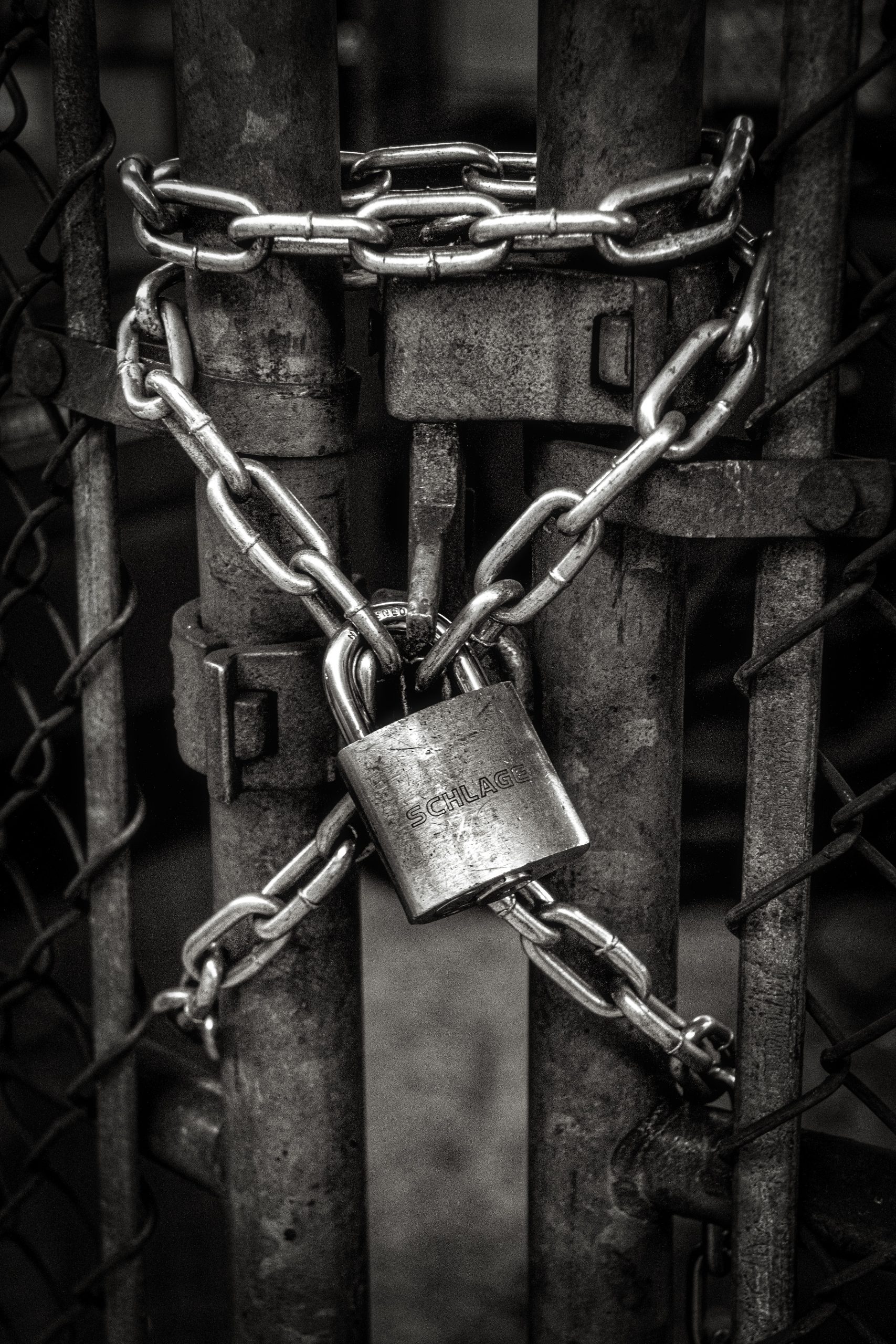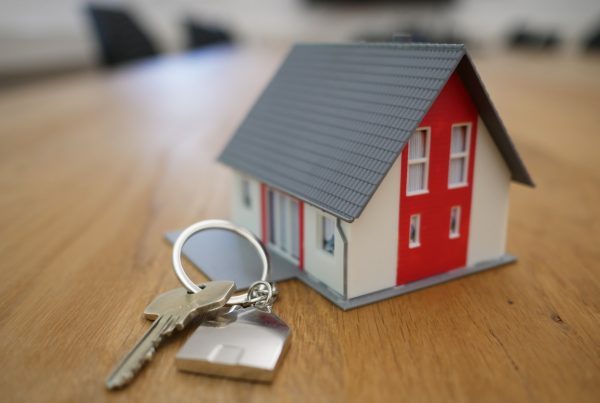Governor J.B. Pritzker has announced a five-phase plan to get Illinois reopened. The Governor entitled the plan, Restore Illinois. The plan splits the state into four regions; Northeast, North-Central, Central, and South. Each region is allowed to move separately through the five-phase process of re-opening. McLean County is part of the North-Central region.
The five phases are as follows:
Phase 1 – Rapid Spread: The rate of infection among those tested and the number of patients admitted to the hospital is high or rapidly increasing. Strict stay at home and social distancing guidelines are put in place and only essential businesses remain open. Every region has experienced this phase once already and could return to it if mitigation efforts are unsuccessful.
Phase 2 – Flattening: The rate of infection among those tested and the number of patients admitted to the hospital beds and ICU beds increases at an ever slower rate, moving toward a flat and even a downward trajectory. Non-essential retail stores reopen for curb-side pickup and delivery. Illinoisans are directed to wear a face covering when outside the home, and can begin enjoying additional outdoor activities like golf, boating and fishing while practicing social distancing. To varying degrees, every region is experiencing flattening as of early May.
Phase 3 – Recovery: The rate of infection among those tested, the number of patients admitted to the hospital, and the number of patients needing ICU beds is stable or declining. Manufacturing, offices, retail, barbershops and salons can reopen to the public with capacity and other limits and safety precautions. All gatherings limited to 10 or fewer people are allowed. Face coverings and social distancing are the norm.
Phase 4 – Revitalization: The rate of infection among those tested and the number of patients admitted to the hospital continues to decline. All gatherings up to 50 people are allowed, restaurants and bars reopen, travel resumes, child care and schools reopen under guidance from the IDPH. Face coverings and social distancing are the norm.
Phase 5 – Illinois Restored: With a vaccine or highly effective treatment widely available or the elimination of any new cases over a sustained period, the economy fully reopens with safety precautions continuing. Conventions, festivals and large events are permitted, and all businesses, schools, and places of recreation can open with new safety guidance and procedures in place reflecting the lessons learned during the COVID-19 pandemic.
The North-Central Region of Illinois, the region in which McLean County resides, is considered to be in Phase 2 – Flattening. However, many Illinoisans have legitimate questions as to what gives the Governor the ability to place these restrictions on our personal liberties. The answer is in Section 7 of the Illinois Emergency Management Agency Act.
Section 7 of the Act states that upon a disaster proclamation by the Governor, “the Governor shall have and may exercise for a period not to exceed 30 days the following emergency powers…” The Governor declared a statewide disaster on March 9, the powers which the Governor has cited to justify his Executive Stay at Home Order are as follows:
- The ability to suspend any provisions of regulatory statute that would prevent, hinder or delay necessary emergency action by the state or its agencies;
- The ability to utilize all available resources of the state government reasonably necessary to cope with the disaster.
- To redirect state departments or agencies toward disaster response purposes.
- To control the movement of persons and occupancy of premises within the disaster area;
- To provide temporary emergency housing; and
- To control, restrict, and regulate the use, sale or distribution of food, feed fuel, clothing and other commodities, materials, goods and services.
This is not an exhaustive list of the powers the Governor has at his disposal under the Emergency Management Agency Act.
Governor Pritzker has issued a total of 34 Covid-19 Executive Orders between March 12, 2020 and May 1, 2020.
- The March 12 Covid-19 Executive Order No. 2 canceled all public and private gatherings of 1,000 or more people.
- The March 13, 2020 Covid-19 Executive Order No. 3 closed all public and private k-12 schools through March 30.
- Covid-19 Executive Order No. 5 ceased all on premises consumption through March 30th for bars and restaurants and limited public and prohibited public and private gatherings of 50 people or more.
- Covid-19 Executive Order No. 8 ordered all residents to stay home with the exception of essential travel for essential or supplies through April 7 and reduced public and private gatherings size to no more than 10 people.
- April 1, Covid-19 Order No. 16 extended the previous executive orders until April 30, a full 52 days after the Governor declared the disaster.
- Covid-19 Executive Order No. 31 extended the previous executive orders through May 29, 2020, a full 81 days after declaring the Governor declared the disaster.
A flurry of litigation has been initiated throughout the state challenging the Governor’s executive orders. Pastor Steve Cassell filed a lawsuit in Federal Court against the Governor. The suit challenges the Governor’s restrictions on church gatherings. Republican State representative Darren Bailey filed a successful lawsuit against Governor Pritzker arguing that there is a 30-day limit to the Governor’s power to act under Section 7 of the Emergency Management Agency Act. Republican lawmaker John Cabello filed a lawsuit over the stay at home order seeking to expand the ruling in Bailey’s case to every citizen in Illinois.
The debate stemming from Governor Pritzker’s lockdown is a sensitive one. According to the Illinois Department of Public Health there have been 98,030 citizens who have tested positive for COVID-19 out of 621,684 tests performed. Of those who have tested positive 4,389 have lost their lives. Of those deaths 3 were under twenty, 18 were in their twenties, 66 were in their thirties, 146 were in their forties, 372 were in their fifties, 765 were in their sixties, 1,069 were in their seventies, and 1,940 were eighty or older. An individual need not test positive for the virus to be counted as a COVID-19 death. According to the guidelines published by the CDC in April of 2020, “In cases where a definite diagnosis of COVID-19 cannot be made, but is suspected or likely (e.g., the circumstances are compelling within a reasonable degree of certainty), it is acceptable to report COVID-19 on a death certificate as ‘probable’ or ‘presumed.’ In these circumstances, certifiers should use their best clinical judgment in determining if a COVID-19 infection was likely.”
Those who are openly challenging the COVID-19 lockdown argue that the economic impact of the lockdown is worse than the problem it is trying to solve. According to the Illinois Department of Employment Security, the unemployment rate in Illinois rose 1.2% in April. In March of 2020 there were 133,763 unemployment claims in Illinois compared to 27,493 in March of 2019. The Governor is in a position where he must weigh the impact COVID-19 has on citizen’s health against the livelihoods of Illinois citizens. The debate is not an easy one and the answers are not simple.
Those business owners who attempt to re-open prior to the lockdown lifting take on a significant risk. Pritzker has given law enforcement the ability to hand out citations for non-essential businesses that are operating under the lockdown. A violation of the rule could result in business owners facing a class A misdemeanor, which could result in a fine of $75.00 to $2,500.00, and up to a year in jail. The business owners also face the risk of having certain licenses revoked, such as their liquor license. Those business owners willing to take a stand and litigate this issue may have the legal standing to win their case. Many in Illinois have challenged the Governor’s ability to extend the lockdown past the 30 days allowed for in the Illinois Emergency Management Act. However, small business owners should also consider the insurance implications as they might not be covered if a patron, employee or employee’s family member fall ill when a small business is open during the lockdown.
There is no easy answer to the lockdown debate. Both sides of the lockdown debate are passionate about their position and when lives and livelihoods are at stake emotions flare. Illinoisans must respect one another during these difficult times and not be dismissive of the fears and concerns of those who don’t agree with them. As for the small business owners who are affected most by the lockdown, they will take a risk by re-opening early. However, there does seem to be a strong legal argument for challenging the validity of the extension of the Governor’s COVID-19 related executive orders. If you are a small business owner and have questions related to the lock down call the law office of Allison & Mosby-Scott for a consultation.







